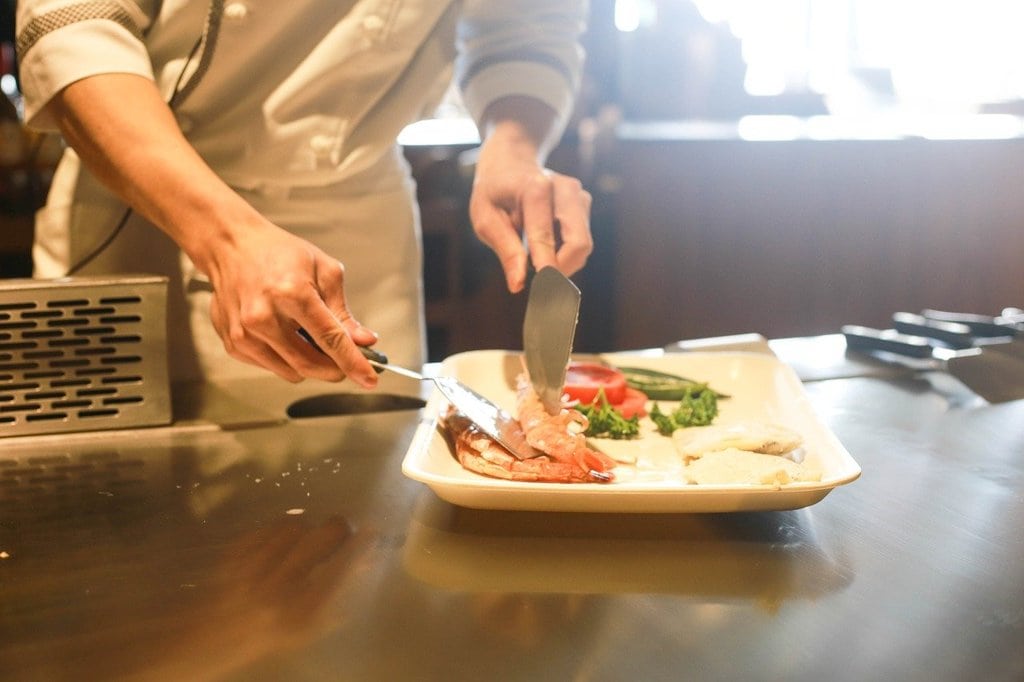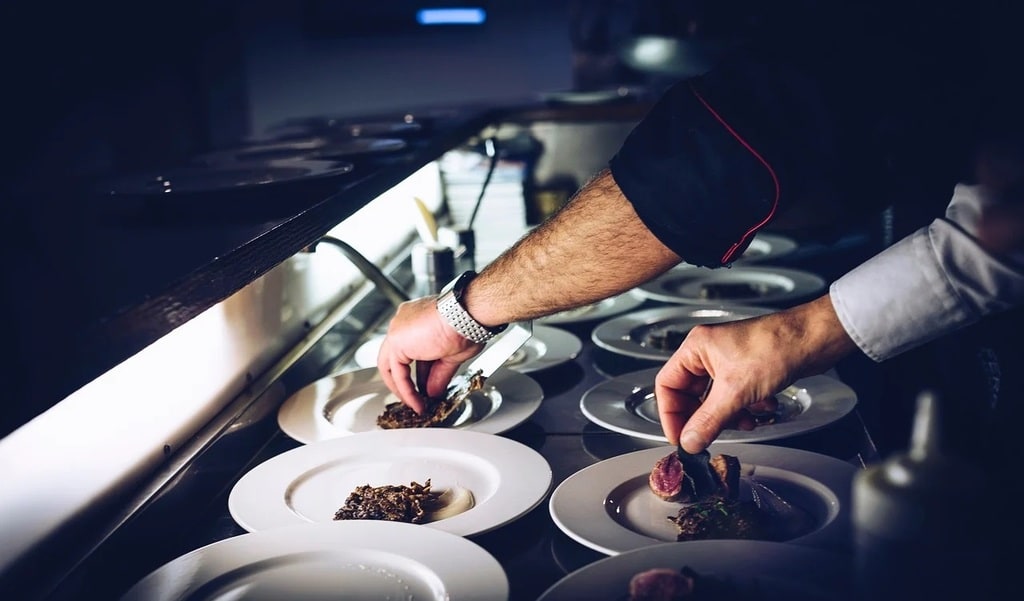
Gourmet cooking tips from top chefs
Mastering gourmet cooking is an art that combines skill, creativity, and a deep understanding of ingredients and techniques. Top chefs around the world have shared some of their secrets to help elevate your culinary creations. Whether you’re an aspiring chef or a home cook looking to enhance your meals, these gourmet cooking tips will guide you to achieve restaurant-quality dishes.
Top Tips from Renowned Chefs for Gourmet Cooking
Gourmet cooking goes beyond following recipes. It involves an intuitive grasp of flavors, precision in technique, and an appreciation for the finest ingredients. Here’s how to bring these elements into your kitchen.
Prioritize Quality Ingredients
The foundation of any exceptional dish is high-quality ingredients. Top chefs insist that selecting fresh, seasonal produce and premium cuts of meat can significantly impact the final result. Visit local farmers’ markets, establish relationships with trusted suppliers, and always opt for organic when possible. These ingredients not only enhance flavor but also ensure a healthier meal.
Master Basic Techniques
To excel in gourmet cooking, mastering basic culinary techniques is essential. Skills such as knife handling, sautéing, roasting, and blanching form the backbone of advanced recipes. Practice these techniques until they become second nature. This will give you the confidence to experiment with more complex dishes.

Understanding Flavor Profiles
Creating a harmonious dish requires a deep understanding of flavor profiles. Balance sweet, sour, salty, and bitter elements to achieve a well-rounded taste. Top chefs often talk about the importance of umami, the savory fifth taste, found in ingredients like tomatoes, mushrooms, and aged cheeses. Incorporating umami can elevate the depth of your dishes.
Use Fresh Herbs and Spices
Fresh herbs and spices can transform a good dish into a great one. Herbs such as basil, thyme, rosemary, and cilantro add freshness and complexity. Toasting whole spices before grinding them releases their essential oils, enhancing their flavor. Don’t be afraid to experiment with different combinations to find your unique style.
Plating and Presentation
The presentation of a dish can be as important as its taste. Top chefs emphasize the significance of plating, where each element of the dish is placed thoughtfully. Use different textures and colors to create visually appealing plates. Consider the shape and size of the plate, and aim for a balance that pleases the eye.
Here are some additional gourmet cooking tips to keep in mind:
- Use a meat thermometer: ensuring your meat is cooked to the perfect temperature is critical. A meat thermometer takes the guesswork out of cooking and guarantees a juicy, well-cooked result.
- Rest your meat: allow cooked meat to rest before slicing. This helps retain juices, making the meat more flavorful and tender.
- Deglaze your pans: after sautéing, deglaze the pan with wine or stock to incorporate the caramelized bits into your sauce, adding depth and richness.
- Season in layers: season your dishes at various stages of cooking to build complex, well-rounded flavors.
Advanced Techniques to Enhance Your Gourmet Cooking
Experiment with Sous Vide
Sous vide is a technique where food is vacuum-sealed and cooked in a water bath at a precise temperature. This method ensures even cooking and preserves the natural moisture and flavors of the ingredients. It’s particularly effective for meats, yielding incredibly tender and flavorful results.
Embrace Molecular Gastronomy
Molecular gastronomy blends science and cooking to create innovative dishes. Techniques such as spherification, foams, and gels can add an element of surprise and creativity to your meals. While some of these techniques may require specialized equipment, they offer a fascinating way to explore the boundaries of traditional cooking.
Fermentation for Depth of Flavor
Fermenting foods can introduce complex flavors and textures. Ingredients like kimchi, miso, and sourdough bring a unique tang and depth to dishes. Fermentation also has health benefits, providing probiotics that are good for digestion. Incorporating fermented elements can enhance the flavor profile and nutritional value of your meals.
Smoking and Infusing
Smoking is not just for barbecue. Smoking ingredients like butter, salt, or vegetables can impart a rich, smoky flavor that adds complexity to your dishes. Infusing oils and vinegars with herbs, spices, or fruits can also elevate your culinary creations by adding unique flavors that complement your recipes.
Develop Your Signature Style
While learning from top chefs is invaluable, developing your signature style is the ultimate goal. Experiment with different cuisines, techniques, and ingredients to find what resonates with your palate. Pay attention to what excites you about cooking and use that passion to create dishes that are uniquely yours.
Gourmet cooking is a journey of continuous learning and experimentation. By prioritizing quality ingredients, mastering basic techniques, understanding flavor profiles, and incorporating advanced methods, you can transform your cooking and create dishes that impress and delight. Embrace the art of gourmet cooking and let your creativity shine.